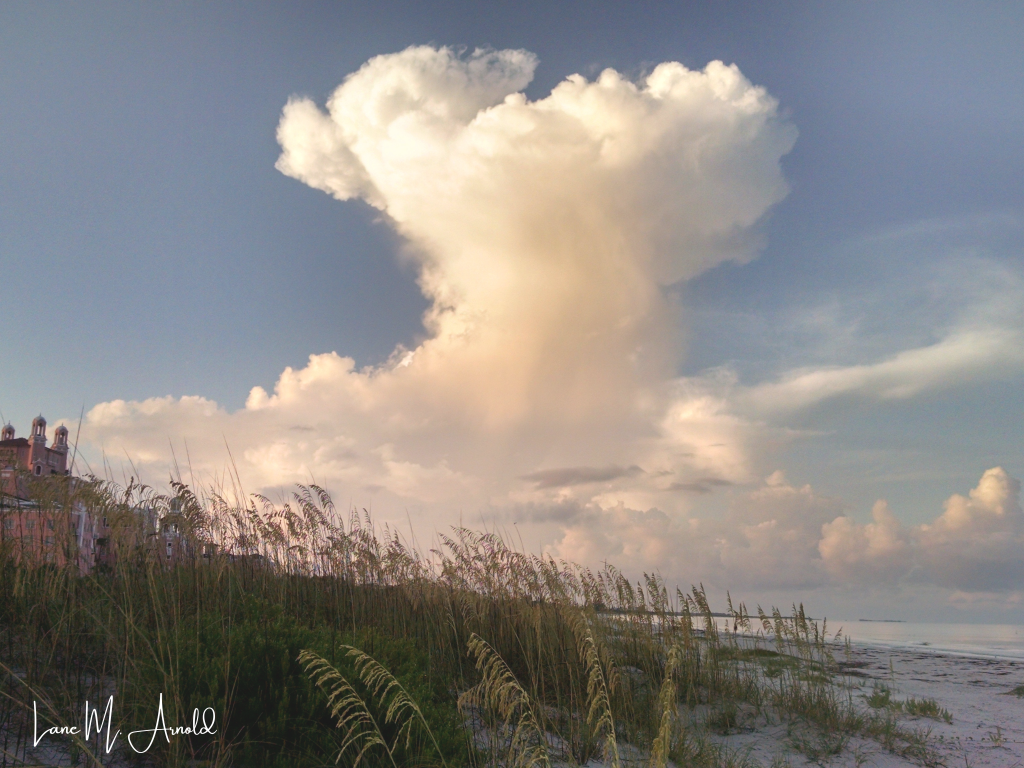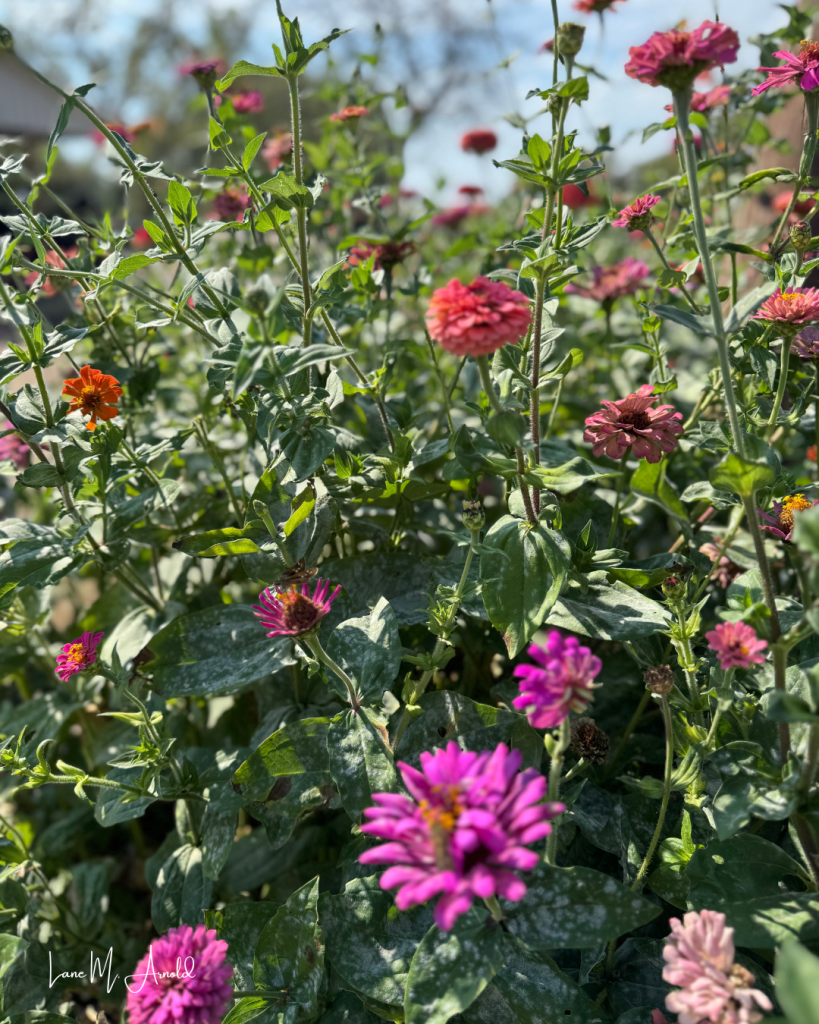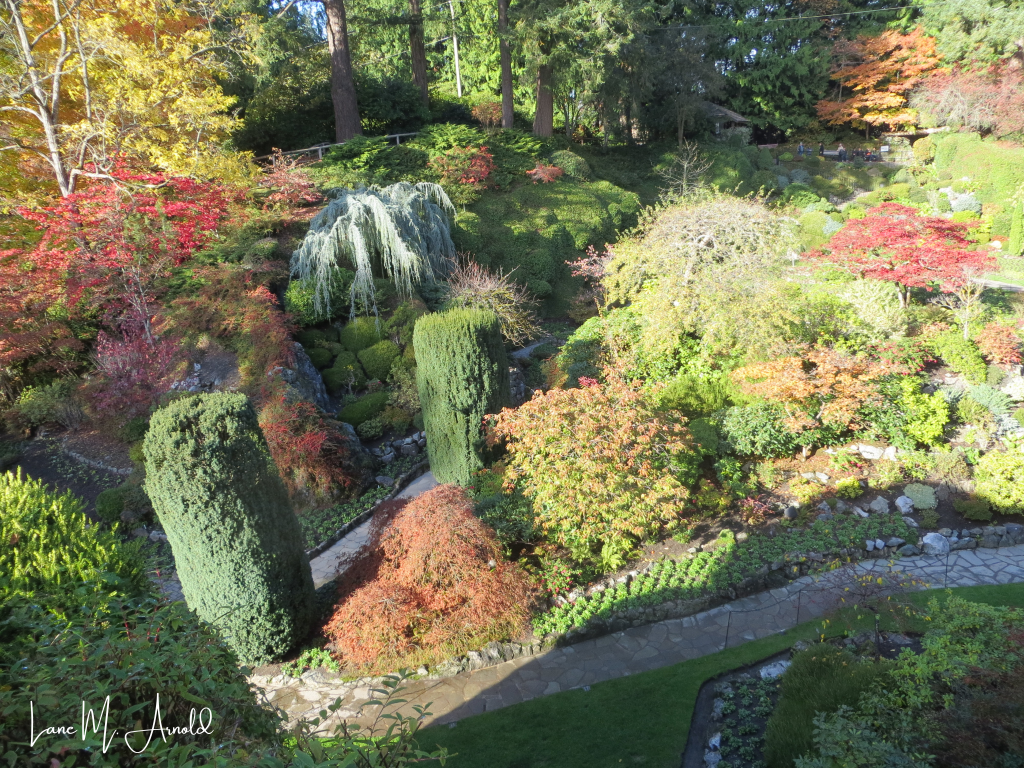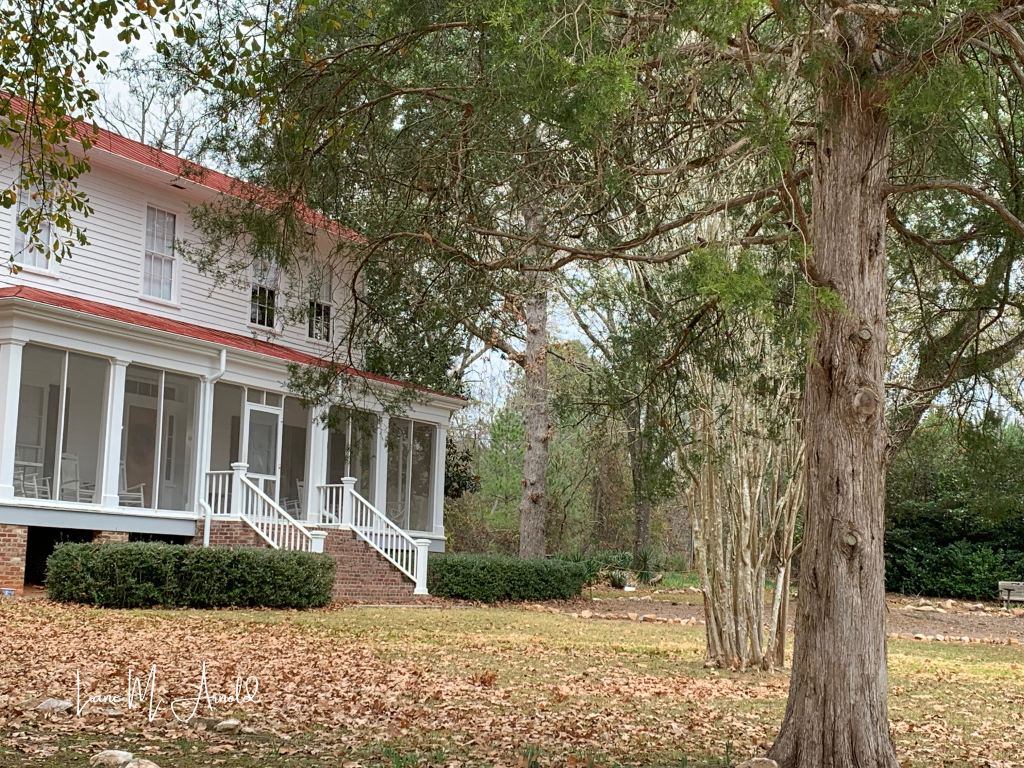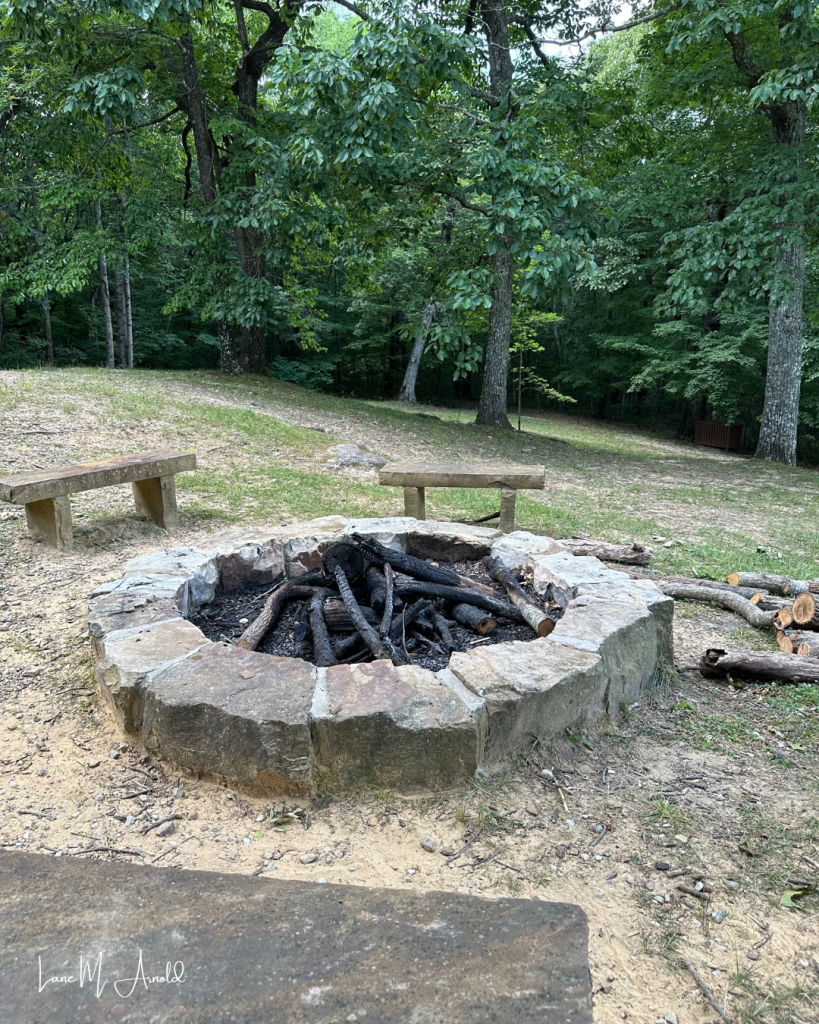Stepping outside the front door, God invites us to notice His handiwork, remember our encounters with Him in His creation, and enjoy His presence in His studio. He offers Himself wherever we turn. What’s just outside your four walls? This evening, the moon greeted me as it said goodbye to the day. The stars overhead led me to reverence, standing in the hush of night.
“God writes the gospel not in the Bible alone, but also on trees and in the flowers and clouds and stars.” — Martin Luther
As writers, we often draw from intangible, lofty ideas. However, when we let writing help us explore creation, honor our Creator, and refine our calling to craft on the page, our words and hearts come alive anew. God is the Creator, and we partner with Him by following His guidance. We write from a place of worship, tuning in to the song and dance of creation. We invite others to witness His splendor, learn about His heart, and join in echoing God’s voice.
“The creation is quite like a spacious and splendid house… Everything in it tells us of God.” — John Calvin
Finding Beauty in the Broken Ground in Creation
As we write, we bring beauty to the forefront. It’s easy to see God’s wonder in the magnificence of nature. Yet it’s harder to enjoy God’s creation when mosquitoes buzz, bite, and blister us, and when bees bumble about too close for our comfort.
As the zinnia garden lost its vibrancy, the cleared ground revealed a rough surface beneath. Moles built tunnels, disturbing the smooth soil. One of our two dogwood trees, which hosts mockingbirds, needed to be cut down because it was decaying from the inside.
Exploring the cycles of birth, growth, maturing, and dying happens naturally as we connect with nature. We see signs everywhere that chaos exists. Yet we also see how God calls forth order. In turn, that helps us understand how God brings order from the chaos in our daily lives.
“The call to write is a call to listen—to the Spirit, to the world, and to our own hearts—and then to speak the truth in love.” — Eugene Peterson
Listening to Creation’s Lessons
Pick up one natural object. What’s nearby? A rock? A feather? A leaf? Sit with it. Let it tell you more about God’s character. Think of your favorite places in the great outdoors. Reflect on what you see of God in that space.
“Any patch of sunlight in a wood will show you something about the sun which you could never get from reading books on astronomy… These pure and spontaneous pleasures are ‘patches of Godlight’ in the woods of our experience.” — C.S. Lewis
Tangible experiences reveal more profound truths. From the first line of Scripture to its last chapter, nature threads through the Word of God. Nature teaches and preaches. Nature serves as a metaphor and a simile. Nature symbolizes. Psalms 8, 19, 29, 104, and 148 focus on God’s magnificent creation.
Creation moves in rhythms: seasons, tides, days, nights. How does the rhythm of creation reflect rhythms in your writing and spiritual life? In nature, we are invited into silence and solitude, while also noticing suffering and savoring beauty. How does it guide us into worship?
“Let everything that has breath praise the Lord!” (Psalm 150:6)
Writing as Worship
Whether writing a novel or a book on soul care, writing about nature energizes our pages, captivates our readers’ imagination, and points them back to God. Writing outdoors benefits body and spirit—fresh air, sunlight, and stillness nurture attentiveness and creativity. Our observation skills improve. We connect with God.
We can both tell and show as we write about the outdoors. Telling states the facts:
“The forest was peaceful.”
Showing reveals through sensory details, actions, and imagery:
“I stood still among the trees. A breeze whispered through the pines as a squirrel darted across the crunch of fallen leaves…”
Nature heightens our sensory writing, engaging sight, hearing, smell, taste, and touch to deepen emotion and presence.
“Earth’s crammed with heaven,
And every common bush afire with God;
But only he who sees takes off his shoes.”
— Elizabeth Barrett Browning
Many parts of Scripture were likely written outdoors or inspired by nature. From David’s psalms in the wilderness to Jesus’ parables by the sea, creation has long been the setting of divine revelation.
May your time inthe wonder of the great outdoors cultivate gratitude, rejuvenate your spirit, and inspire creative, nature-infused writing.
Transition: From Observation to Expression
As writers, we do more than observe creation—we respond to it. Every rustling leaf, golden sunset, or quiet snowfall becomes an invitation to worship through words. Whether your pen moves across a journal page or type thoughts across a laptop screen, pause often enough to listen for God’s voice in His handiwork. Let what you see outside translate into what you write inside.
-
- Write from the perspective of a tree in your neighborhood. What does it “know” or “reveal” about God?
- Go outside and write a Psalm of your own, using creation imagery.
- Picture yourself as one of the birds in Matthew 6. Write about trusting God.
- Try a “5-4-3-2-1” exercise. Name:
- 5 things you see
- 4 things you hear
- 3 things you smell
- 2 things you feel
- 1 thing you taste (or imagine tasting)

